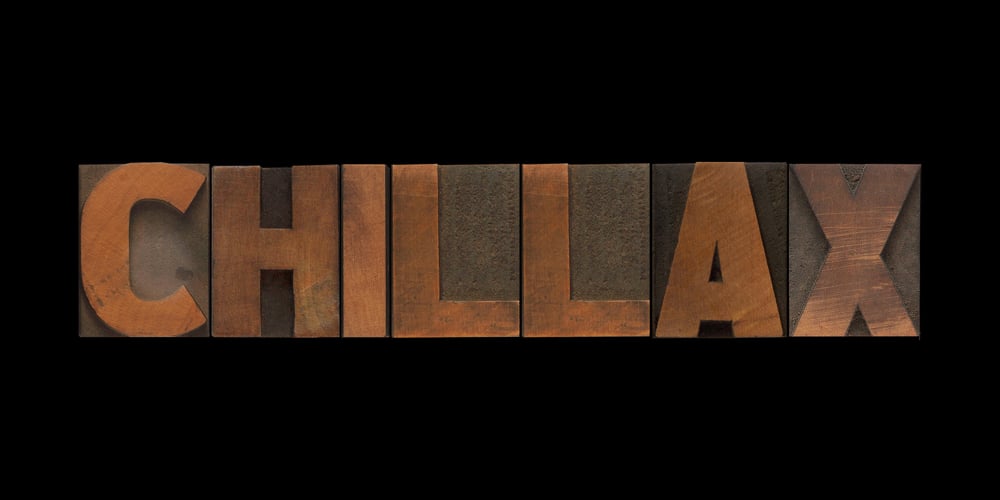9 words to retire with 2019

Although language is fluid, accepted modern colloquialisms along with recent additions to the English dictionary is a reminder of the adage: “just because we can does not mean we should.” In no particular order, these are just nine of the words I find most grating and unnecessary yet are commonly used in casual and professional conversation.
IDEATE
I have come to accept catchphrases like “circle back,” “wrap our heads around,” and “at the end of the day” and metaphorical catchwords like “unpack,” “bandwidth,” and “amplify,” but I struggle with “ideate.” Nouns need not become verbs when there is a sufficient amount of action words to describe an activity. Let’s file “ideate” under pseudointellectual jargon and simply think, brainstorm, or conceptualize instead. Better yet, let’s place it in the circular file.
CONVERSATE
Why? What’s wrong with “converse”? Years ago, one of my children told me his then second grade teacher was shocked by the number of students in her class that had never been on the Pennsylvania Turnpike. Forget the fact that most seven-year-olds were likely unaware of the roads on which their families traveled; the teacher informed her class that the chief purpose of the turnpike was to “transportate” goods across the state. Let’s just stop “super-verbing.”
CHILLAX
Excuse me while I scratch my fingernails on the chalkboard. “Chill out,” you say? Okay. In fact, I will simultaneously chill out and relax, but that does not mean we need to combine the terms.
TWEEN
I first came across this term about a dozen years ago when I was hired to copy edit a book aimed at the parents of pre-teens, adolescents, and teenagers. I added a lot of red ink to that manuscript. To my chagrin, I would see and hear the term ad nauseum in the years that followed. It’s time we put “tween” to rest and resurrect “pre-teen.”
ADULTING
Quite frankly, use of the word “adulting” is evidence of just the opposite.
JAWN
A quick Facebook survey revealed that I’m not alone in my struggle to wrap my head around the meaning of this colloquialism. Similar to the term “whatchamacallit,” it is used to describe just about anything. I’m told “jawn” may be common only in the Philadelphia-region, but we know how transmissible language can be, especially slang.
MERCH, ADORBS, OBVS
These abbreviations are fine in texts, but OMG, let’s stop speaking in text language, especially when conversing professionally.
With much fondness I cherish my upbringing in a neighborhood where everyone had nicknames, slang was cool, and those who could wield both cleverly were held in esteem. When adopted as mainstream, however, such linguistic creativity loses its uniqueness and worse, weakens culture.

